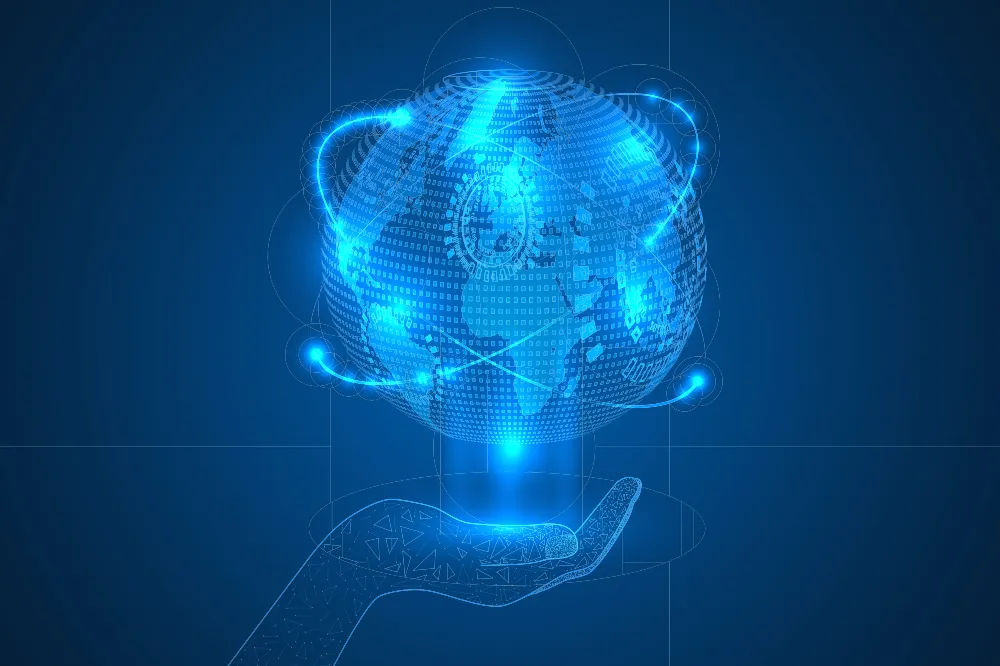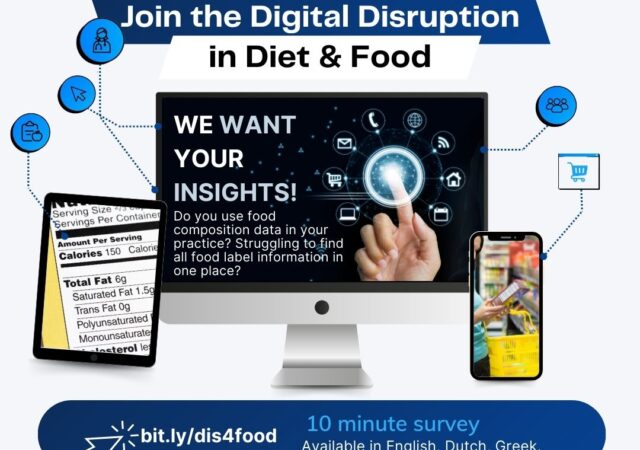Digital disruption is reshaping healthcare, with over 50 million users engaging with diet and nutrition apps. Research shows that digital tools are most effective when coupled with professional guidance as part of a lifestyle intervention. However, many dietitians feel unprepared to engage with these technologies, hindering their employability and ability to drive improvements in public health. Dis4FooD is here to empower dietitians with essential digital skills and competencies to meet the needs of a data-driven environment.
Who is the project for?
Dis4FooD is tailored for dietitians of all ages and experience levels, particularly those facing challenges with digital literacy. The project focuses on dietitians of every age and experience across Europe, particularly those in Eastern Europe, the Balkans, rural, and island areas where access to advanced training is limited.
What is the project about?
In Dis4FooD, we aim to design and provide a training program for dietitians to equip them with the knowledge and skills to navigate complex food data infrastructures. The program adopts a co-creational approach, bringing together food data specialists and dietitians to identify and address their specific training needs. The training curriculum will include both theoretical knowledge and hands-on practical training focused on:
– Food composition databases: Generic, branded, and specialized databases
– EU food data ecosystems: Resources for European strategies and regulations regarding food labelling, dietary guidelines and various food data
– Data quality and completeness: Evaluating and applying the right food data for purpose
What Will Dietitians Gain?
Through Dis4Food, dietitians:
– They will feel more confident identifying and using suitable food data resources in their dietetic practice.
– Will become empowered in creating, maintaining, and utilizing food data structures.
– Will become members of a Europe-wide network of colleagues that share best practices and peer support.
– Will be empowered to use open-access resources to overcome food data scarcity linked to their geographical isolation.
– Will complement their training with state-of-the-art knowledge produced outside of their country or developed after their formal training.
– Will feel more confident in becoming part of the digital disruption in healthcare through greater utilization of eHealth and mHealth apps.
– Will feel better equipped to pursue careers in the tech or food industry.



